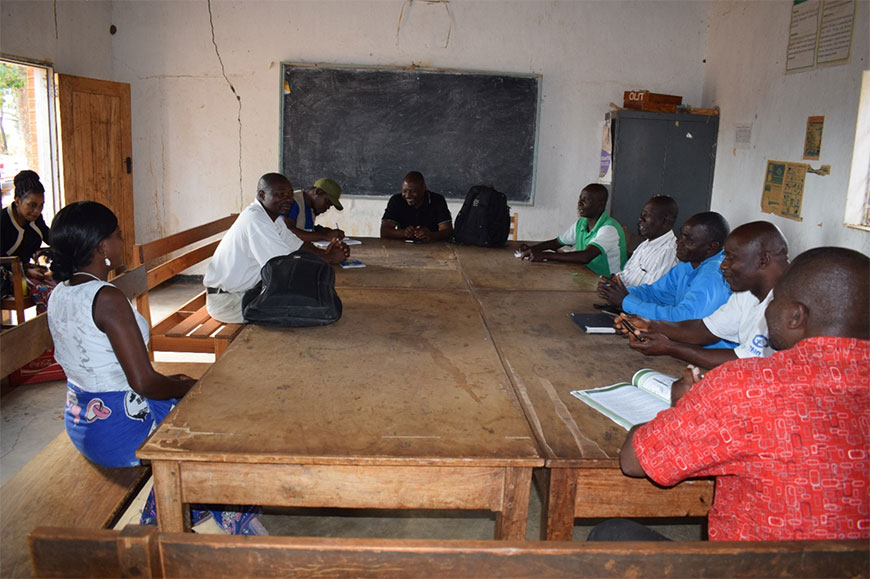
Maize is a staple food in Malawi. Although the country grows many other food crops, there has been over-reliance on the grain.
Concerns have been raised over the years that the over-reliance on maize has worsened malnutrition.
The European Union (EU) through grants provided to selected organizations is currently implementing Farm Income Diversification Programme (FIDP) II, Scaling-up Nutrition (SUN) Component.
SUN Component of FIDP II seeks to increase capacity of farmers and district level staff, through participation of the civil society to better understand nutrition and other nutritional issues related to Agriculture.
The SUN initiative is being implemented in Malawi’s 12 districts through grants awarded to selected organisations. Oxfam is, with a grant of €1.5 million, implementing the grant project in Lilongwe, Salima, Nkhotakota and Dowa. In the southern region the grantee is yet to be identified for Balaka, Chiradzulu and Thyolo districts.
Save the Children, with €1.9 million, is implement the project in five districts in the northern region: Chitipa, Karonga, Rumphi, Mzimba and Nkhatabay.
Catholic Health Commission of Lilongwe Archdiocese, is implementing the project in the central region through a €1.5 million grant to Oxfam.
Its Projects Officer, Wanangwa Phiri, says they have already started providing training to people who will play a crucial role in the implementation of the project in Traditional Authorities (TAs) of Kambwiri and Kambalame.
“Those people are frontline workers or extension workers. We have Health Surveillance Assistants (HSAs) and Agriculture Extension Workers among others. This project is focusing on nutrition. We want the food crops people are growing in this area to be addressing their nutritional needs. Most children are affected by malnutrition. That’s why the EU, through Oxfam, assists us here in TA Kambwiri and TA Kambalame,” Phiri says.
Using what they call care-group model, the people are being imparted with skills, which in the end will be taken to people around the impact area.
The current project, launched this year at Katelera Teacher Development Centre, will, according to Phiri, roll out as soon as the training of the frontline workers ends.
One of the people who have been trained is Maxwell Chapweteka, a Health Surveillance Assistant. He says the training will add to his knowledge, which he will in the end use to help many people in his area.
“People in the area of TA Kambwiri are going to benefit a lot. In the past the people did not have good skills. But with the training, they will be more skilled in as far as nutrition issues are concerned. From here we are going to establish care groups, which we think will also play a crucial role in this project,” he says.
Nelles Mkupatira, an Agricultural Extension Development Officer, says the project will reduce stunting in children, and it will also target pregnant women.
The National Authorising Officer’s Support Unit in the Ministry of Finance Economic Planning and Development, coordinates all activities supported by the European Union in Malawi. Sector Manager for Nutrition and Food Security Sector, Lucy Maseko, says a lot is expected from the project.
“We have just started but we expect to see more impact as the implementation continues. This programme will surely change people’s food habits. This will eventually reduce malnutrition in rural areas,” Maseko says.